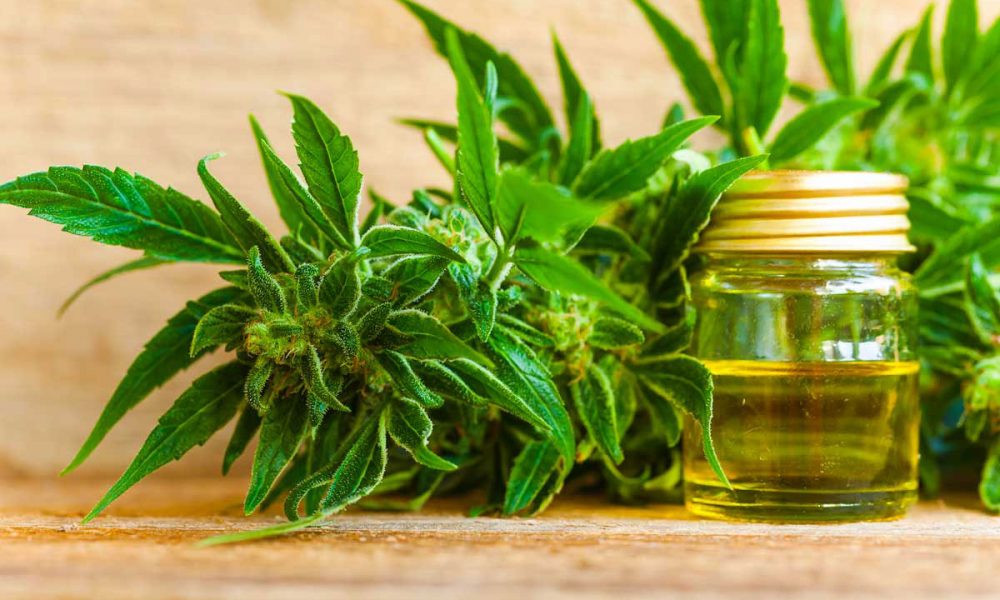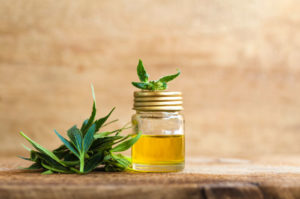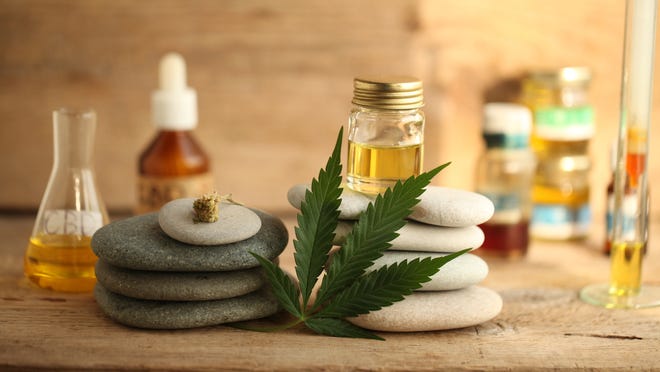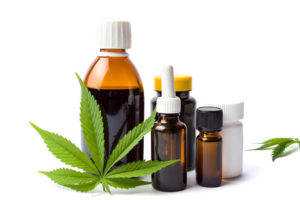What Does THCA Get You High Like?

The main question most people ask when they first start taking Thcguv and other herbal extracts is, “How does THCA get you high?” There are several reported side effects associated with ingesting THCA. A major concern is said to be the terpinen-4-ol, which is believed to increase the body’s production of dopamine, the neurotransmitter blamed for feelings of pleasure. It can also increase blood pressure and cause agitation and anxiety.
The substance is also said to be a phytoalexin: which acts as a cannabis plant’s main psychoactive component. This substance has been found in higher concentrations in the brains of abusers than it is in its natural environment. It has been linked to increased levels of dopamine in the brain, allowing the user to experience an intense “high.” However, there is debate over whether or not it is truly a true cannabis extract or whether it is just a precursor used by abusers to get high. Some researchers believe that it is the real thing and does cause addiction when used in excess. Others claim that although it does mimic the effects of cannabis, the amount consumed is insignificant and not enough to matter.
The next issue at hand is whether: or not using THCA to “get high” is truly effective. Many believe that it can produce a similar effect as the psychoactive effects produced by cannabis; however, this has yet to be scientifically proven. For this reason, anyone interested in trying it should consider trying it with the proper dosage and method to determine any effects. By testing the potency of the product themselves, the real test can begin.
So, if there is no such thing as the real cannabis, what is THCA? THCA is short for tetrahydrocannabinolic acid thca, which is the same substance found in cannabis but is not smoked. It is believed that when the body absorbs this substance, it creates an active effect similar to the psychoactive effect of cannabis, but without the risks associated with ingesting cannabis. Because this substance is not smoked, it cannot be tested for potency, so we will have to rely on users’ reports and experience in order to determine whether or not it produces a psychoactive effect.
So, based off of the above information, what can we draw from this? Well, one thing we can conclude is that THCA may be able to create a neuroprotective effect similar to CBD, without all of the bothersome side effects. It is being studied at the University of Buffalo’s College of Medicine. The focus at this time is not on cannabidiol but on THCA. Other studies have shown promising results with THCA in reducing the inflammation associated with neurological problems. In one study, the administration of THCA increased the number of neurons in the cerebellum, which has been linked to better cognitive function.
In conclusion, the active phytochemical in THCA is not known: But, based on some preliminary work, it appears to act in much the same way as CBD. So, in short, THCA is probably less harmful than CBD, although it cannot yet be proven.
If there is a positive effect noted, it may be because the other ingredients in THCA are more potent than originally believed and because of its role in neuroprotective activity.






